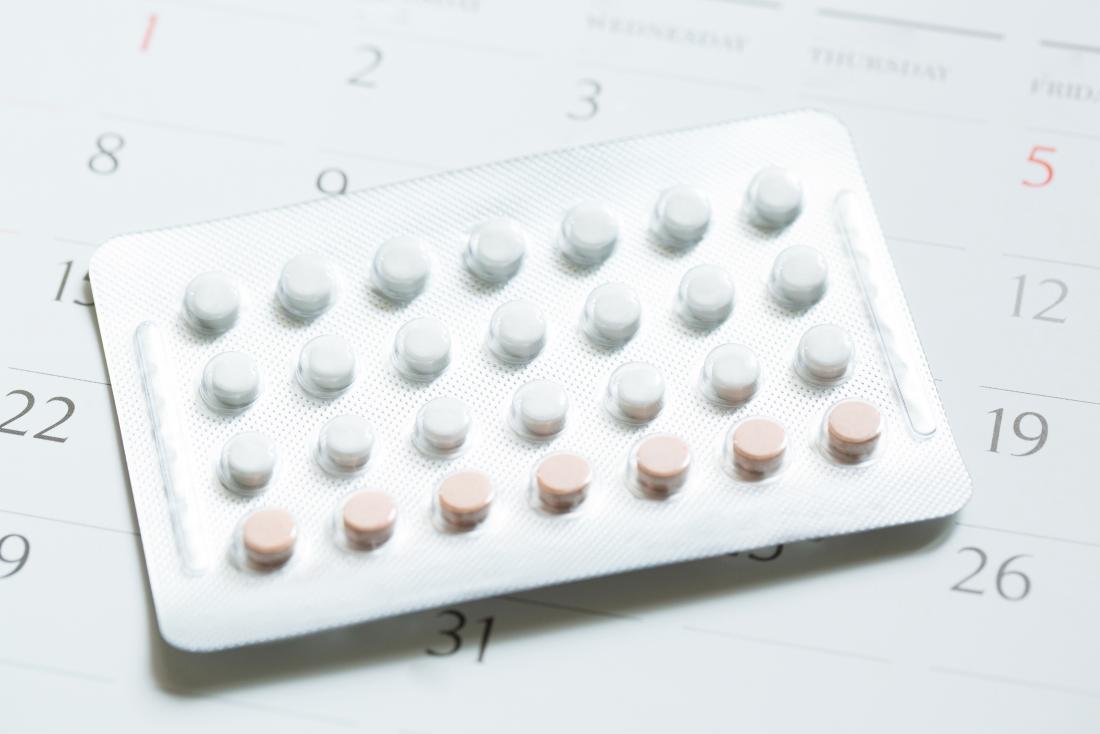Lighter periods than normal do not usually cause concern. People often find their menstrual flow varies from month-to-month, and some months are naturally lighter than others.
In certain cases, a light period could indicate pregnancy or a hormone-related condition. Similarly, people can think they are having a light period, but instead, they are experiencing spotting or colored discharge.
In this article, we discuss how a person might identify a light period, the causes, and when to see a doctor.
Symptoms of a light period

A person may not need to change their pad or tampon frequently during a light period.
During a usual menstrual period, people lose around 2–3 tablespoons of blood on average.
However, there is wide variation between individuals. People should make a note if their periods are lighter than they usually are. A person can measure the amount of menstrual blood they produce each month by using a menstrual cup.
A light period can have some of the following symptoms:
- shorter in duration than is usual for the individual
- needs fewer pad or tampon changes than usual
- does not have the usual heavy flow for the first 1–2 days but has a consistent, light flow
- bleeding resembles spotting over a few days instead of a steady flow
Sometimes a light period may also cause a reduction in symptoms of premenstrual syndrome (PMS), such as less back pain, uterine cramping, or mood swings.
Causes of a light period
The following factors can cause periods to be lighter than usual:
Age
Period flow can vary throughout a person’s lifetime. Early periods are usually lighter and may only involve spotting. They become more regular when a person is in their 20s and 30s.
In their late 30s and 40s, people may develop heavier and shorter periods. They may skip months without periods, and have a heavier period later. Periods often then become lighter and more irregular during perimenopause.
A lack of ovulation
Sometimes a woman has irregular periods because her body does not release an egg, which is known as anovulation. This can lead to lighter or irregular periods.
Being underweight
People who are underweight may notice their periods are very light or stop altogether. This change happens because their levels of body fat drop so low that they do not ovulate regularly.
Exercising too much is another cause of light or absent periods and may also be linked to being underweight.
Pregnancy
During pregnancy, a person’s periods will usually stop completely. However, people may mistake implantation bleeding for a light period. Implantation bleeding is an early sign of pregnancy.
When someone is sexually active and does not usually have light periods, they may wish to take a pregnancy test.
Medical conditions
Medical conditions that affect hormones in the body, such as polycystic ovary syndrome (PCOS) and thyroid-related conditions, can affect a person’s menstrual cycle.
Stress
Periods of stress can affect the body’s hormonal balances, which can interrupt the regular menstrual cycle.
Light periods and birth control

Birth control pills may cause periods to become lighter.
When people start taking birth control pills, they may notice their periods get lighter and lighter.
This reduction in blood flow may be because the hormone dosages in birth control pills are low and do not stimulate the uterus to build up a thick lining. As a result, a woman may have a light period because there is minimal uterine lining to shed.
This may also occur in people using the hormonal IUD, contraceptive implant, or injection, as these cause thinning of the uterine lining.
People may experience some initial spotting between periods as the hormones start to help regulate their periods.
In certain cases, a doctor may recommend that someone with light periods takes birth control to help regulate their cycle. Some types of birth control contain hormones that can help an individual’s cycle to become more consistent.
Risk factors
Sometimes people with no known risk factors can have light periods. However, some factors make light periods more likely.
Risk factors for a light period include:
- Age: Young women tend to have lighter periods.
- Breastfeeding: This natural process may delay the return of periods after childbirth or lead to lighter periods when they do restart.
- Stress: High stress in someone’s life can affect the levels of hormones in their body.
- Polycystic ovary syndrome (PCOS): Certain reproductive conditions, such as polycystic ovary syndrome, can affect hormone levels and menstrual flow
People may want to talk to their doctor about individual risk factors that may affect the severity of their periods.
When to see a doctor
Having a light period is not usually cause for concern. However, if someone has consistently light periods or starts skipping periods altogether, they should talk to their doctor.
A person should also see a doctor if a light period coincides with other symptoms that are causing concern, such as pelvic pain.
Outlook
In most cases, a light period is not a cause for concern.
Many different factors can cause a light period, such as diet, exercise, birth control pills, or health conditions.
What is most important is that people listen to their bodies. If someone is concerned about the duration of their menstrual blood flow, they should talk to their doctor for clarification and reassurance.

